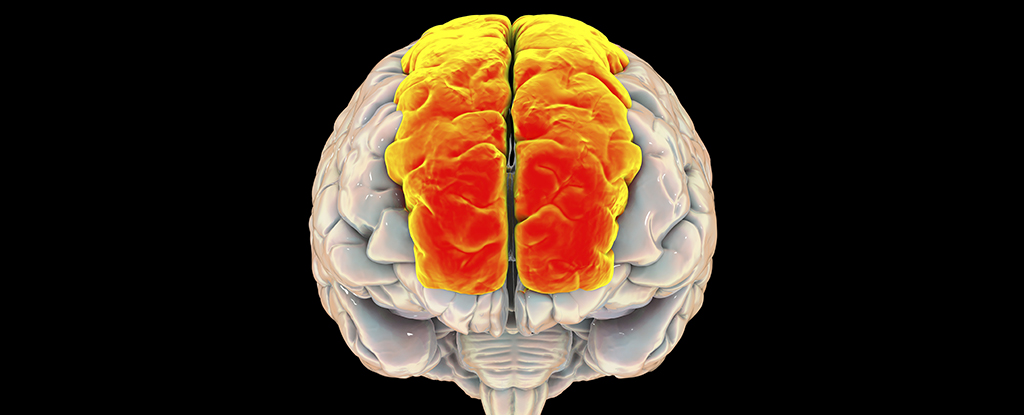A ‘megadose’ of a salt made from vitamin C may reverse the extensive harm sepsis can trigger in the brain, according to a new study that examined its effect on sheep.
Caused by the body overreacting to an infection, sepsis can damage vital organs, cause cognitive impairment and disability, and in the worst cases prove fatal.
In the most extreme cases of sepsis, known as septic shock, vitamin C levels in plasma are severely reduced. So researchers from the University of Melbourne in Australia decided to trial animals on sizeable doses of the vitamin’s salt, sodium ascorbate. The changes seen in the experiments were huge.
“I have never seen such a dramatic response to treatment as occurred after we intravenously administered a megadose of sodium ascorbate to our clinically relevant large animal model of sepsis,” says cardiovascular physiologist Clive May.
Sepsis happens to wreak significant havoc in the brain’s frontal cortex, where the body’s movements, speech, and emotional expression are controlled. With dramatic reductions in oxygen levels and blood flow in this area of the nervous system, the local temperature shoots right up, potentially resulting in ongoing cognitive difficulties that are hard to treat, delerium, and even coma.
The team’s analsys confirmed their suspicions that sodium ascorbate can reverse all of these trends. While the biological mechanisms still aren’t clear, plasma vitamin C levels increased and the effectiveness of the treatment was notable.
In observations of the animals with induced sepsis before the megadose was administered, the sheep were “lethargic, unresponsive, lying down and not eating or drinking,” May explains.
That quickly changed.
“Within one hour of receiving the intravenous formulation, they were more alert, and after four hours they had completely recovered their normal behavioral state,” says May.
“They stood up, responded to external stimuli and started eating and drinking. All of these changes suggest a beneficial effect of the treatment on the brain.”
Vitamin C is well known as being anti-inflammatory and able to help in regulating the body’s immune system, and it seems that’s partly in play here.
The next stage is to see if the same dramatic effect happens in humans as well as sheep, and to figure out how much sodium ascorbate might be a safe dose – one that can bring all of these benefits without creating any new problems.
Vitamin C has already been tested as a sepsis treatment in clinical trials, but there have been mixed results across studies. This new piece of research may get us a big step closer to finding something that works for everyone.
The researchers have completed a small, early stage clinical trial of sodium ascorbate as a sepsis treatment, and further phases are in progress.
“We’ve previously shown that sodium ascorbate has beneficial effects on the kidneys and cardiovascular system in septic patients,” says neuroscientist Yugeesh Lankadeva.
“This latest study shows it is also beneficial to the brain.”
The research has been published in the British Journal of Anaesthesia.

